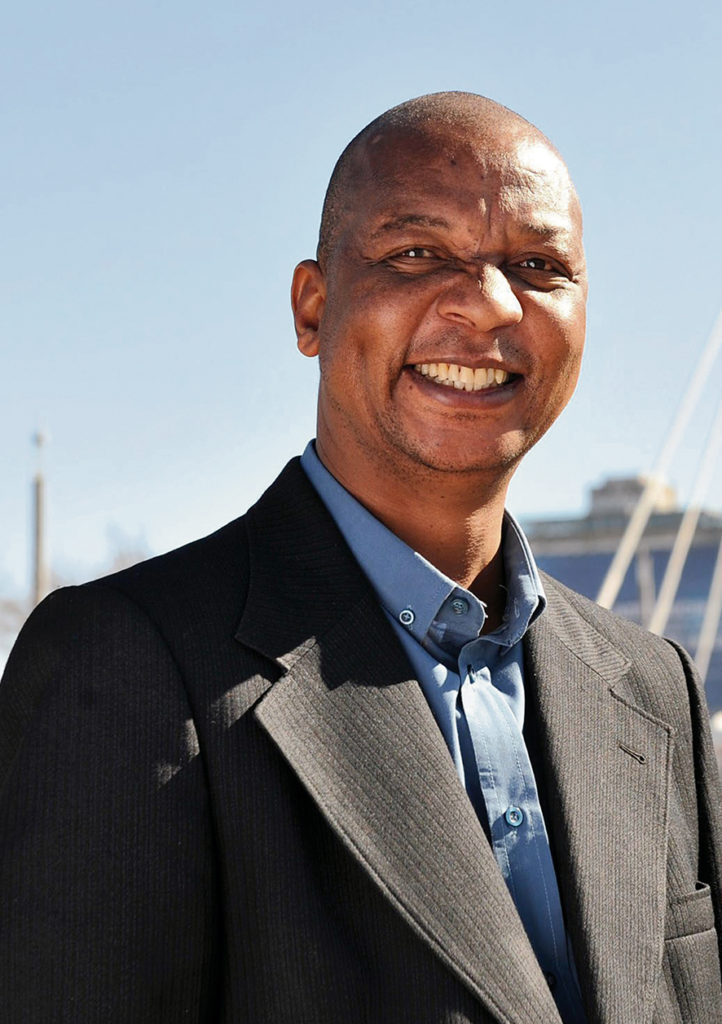Johannesburg – The journalism profession has come under serious scrutiny again – for the umpteenth time in as many months.
Jacques Pauw’s admission earlier this week that his claims of police misconduct when they arrested him in Cape Town were a pack of lies, means he intentionally deceived unsuspecting readers.
In other words, the column he wrote for the online publication, in which he made allegations that police stole his R1 000 during what appears to have been a night of drinking was a mere fragment of his imagination.
This is serious stuff. Let us perhaps take a moment to reflect on the role of journalism in society to give context to this week’s column.
The press is often referred to as the “Fourth Estate” – a view that enjoys such common indulgence that the media have come to be accorded a powerful status in society.
This concept of the press as the Fourth Estate has its origins in the US where it was casually referred to as the “unofficial” fourth branch of government, ostensibly to check on the other three branches – the executive, legislative and judiciary – which supposedly also check on one another in any sound democracy.
Though it is illusionary and a myth – as many journalism scholars and academics would argue – to think of the press as part of government, proponents of the Fourth Estate were looking at the role of the press in society as that of a watchdog over government excesses.
In essence, they saw journalism as one of the defenders of the rights of the ordinary and vulnerable against abuses from the powerful in society – be they in government or elsewhere.
Journalists became the voice of the voiceless.
They provided succour and hope to the weak and the poor.
They earned the admiration and respect of many people who often found themselves on the fringe of society.
It is a service to society that remains far greater than ourselves.
It is such an onerous responsibility; a duty which we are expected to execute with utmost humility and respect for the rights of other people.
It is an obligation, which at all times requires truthfulness from us.
It calls for responsibility, compassion, sensitivity, and many other virtues associated with our constant search for true freedom and the democratic ethos that we seek to engrain in our society.
In his compelling account on ethics and journalism as eloquently expounded in his book The Imperative of Freedom: A Philosophy of Journalistic Autonomy, John Calhoun Merrill wrote that ethics “has to do with duty – duty to self and or duty to others”.
Besides a deep loyalty to truth, Merrill rightly argues that the concern for ethics leads a journalist to seek the highest good in journalism, “thereby heightening his authenticity as a person and journalist …” Pauw, a senior journalist, says he was “stunned” and “dazed” when he was arrested.
He is one of the few accomplished investigative journalists to come from the ranks of the South African media in recent history. A night of what appears to have been a drunken orgy at a Cape Town restaurant saw him being locked up for the night.
He then attempted to cover it up with a column riddled with lies and delusionary claims of police misconduct. Pauw threatens our legitimacy as a noble profession.
Unlike those who went for the jugular on social media this week, I am never going to delight in this appallingly shameful act of stupidity and self-destruction.
For there is nothing quite pathetic and pitiful as a man who in the face of challenging moments turns to deceit. Coming from a man who is so widely lauded for his courage in exposing apartheid government violations and other excesses, Pauw’s conduct becomes difficult to comprehend.
Pauw’s antics come at a time when South African journalism is still grappling with sticky issues of ethics. Ethical journalistic conduct is self-determined and voluntary.
Blaming alcohol for deceptions is simply untenable. I have never been a proponent of punitive over corrective action, but I think it is high time the South African National Editors’ Forum considered more drastic measures to deal with the ever- rising scourge in our midst, even if it means the impeachment of offenders. We need to have “our skirts clean … and be above suspicion”.
The trust deficit keeps growing by the day.
The Fourth Estate is on shaky ground.
By Wally Mbhele.

Follow @SundayWorldZA on Twitter and @sundayworldza on Instagram, or like our Facebook Page, Sunday World, by clicking here for the latest breaking news in South Africa. To Subscribe to Sunday World, click here.
Sunday World




